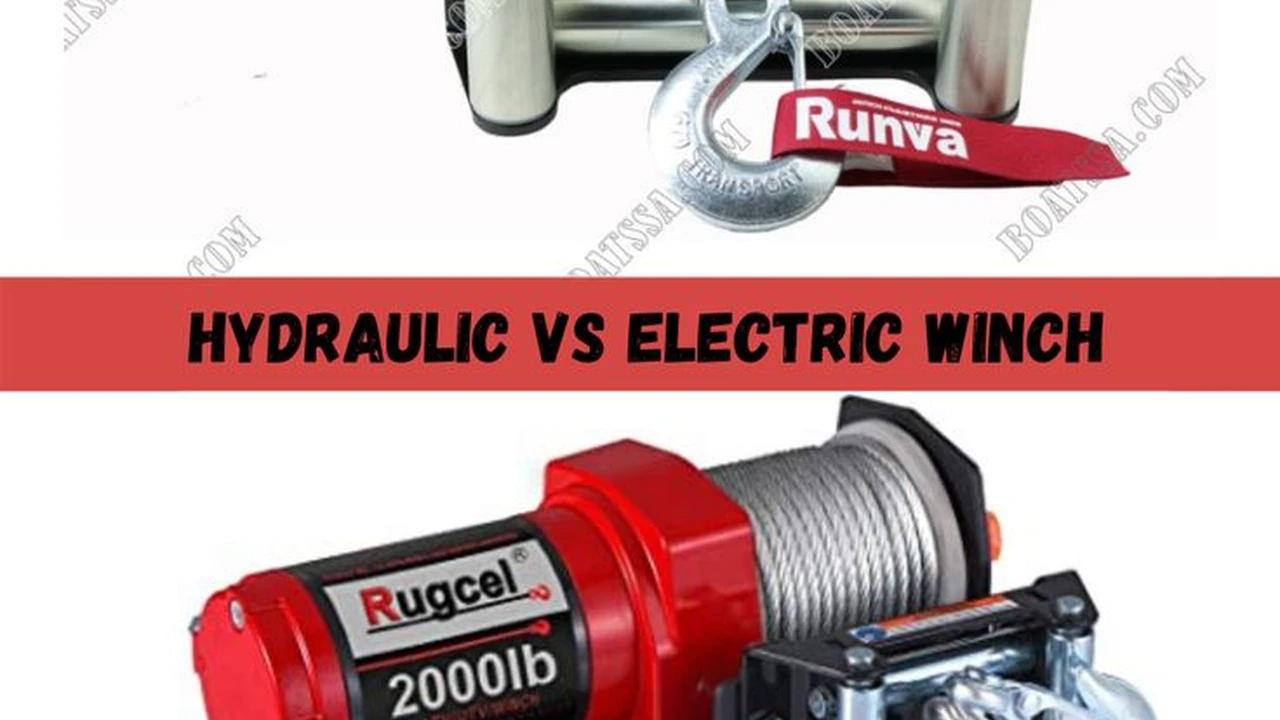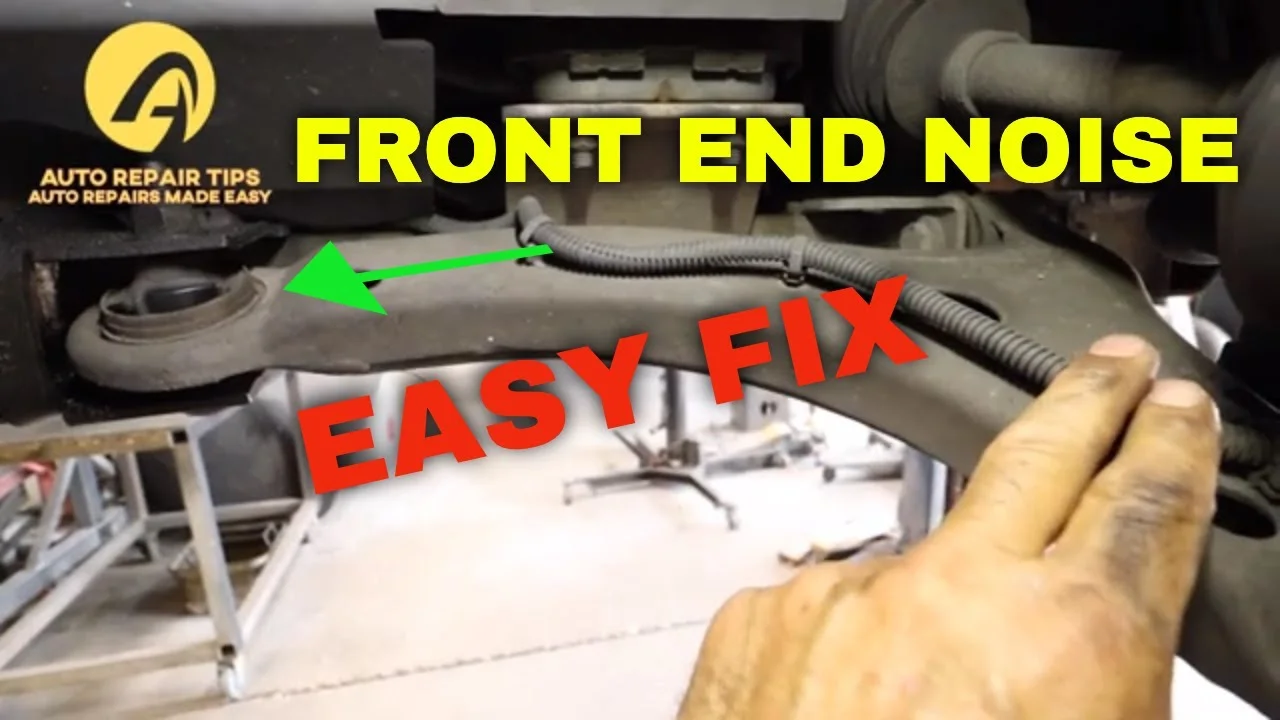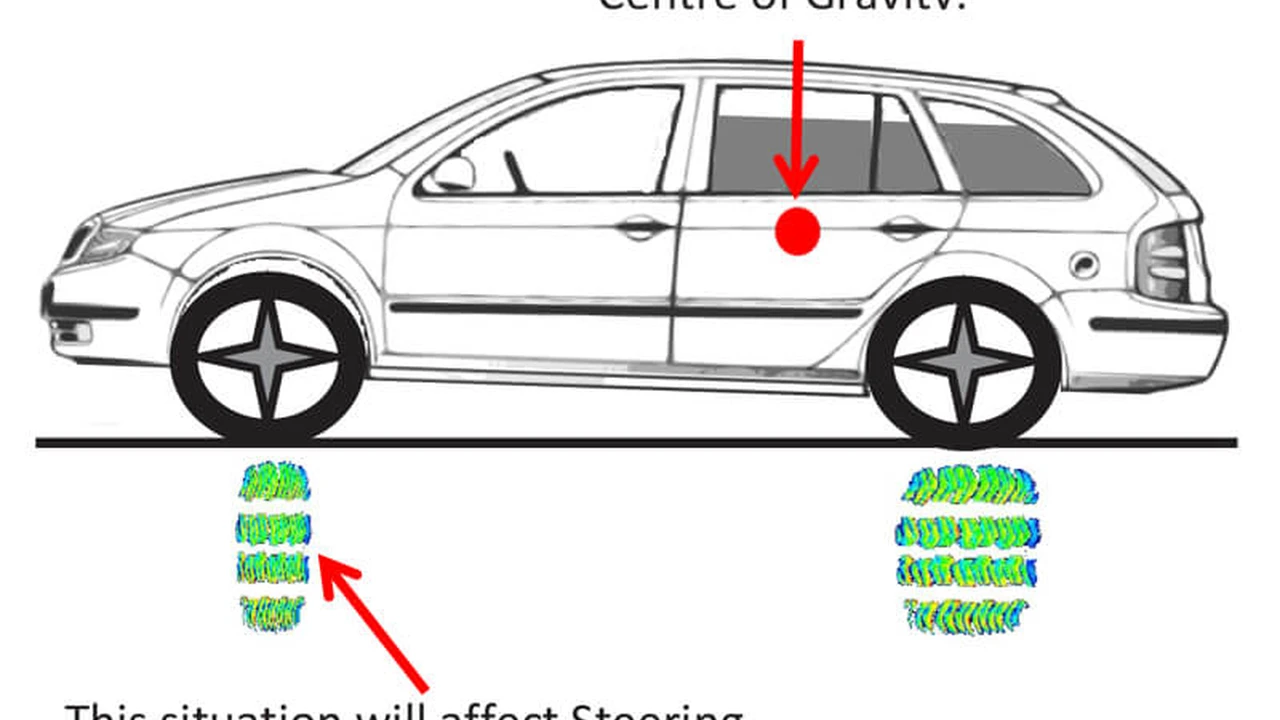Comparing Off-Road Winches Electric vs Hydraulic
Decide between electric and hydraulic winches for your off-road vehicle. Understand their pros and cons.

Comparing Off-Road Winches Electric vs Hydraulic
Decide between electric and hydraulic winches for your off-road vehicle. Understand their pros and cons.
Alright, let's talk winches! If you're serious about off-roading, whether it's rock crawling, mud bogging, or just exploring remote trails, a winch isn't just a nice-to-have, it's a must-have. It's your ultimate self-recovery tool, and it can also be a lifesaver for your buddies when they get stuck. But when you start looking into them, you'll quickly realize there are two main types: electric and hydraulic. So, which one's right for you? Let's break it down, looking at everything from power and speed to cost and maintenance, and even throw in some specific product recommendations.
Electric Winches Understanding the Powerhouse
Electric winches are by far the most common type you'll see on off-road vehicles, and for good reason. They're generally easier to install, more versatile, and come in a wider range of sizes and capacities. They operate using your vehicle's 12V electrical system, drawing power directly from your battery.
Electric Winch Pros Why They're Popular
- Ease of Installation and Use: Electric winches are relatively straightforward to install. You just need to mount them to a sturdy bumper or winch plate and connect them to your battery. They can be used with the engine off, which is a huge plus if your engine stalls in a tricky recovery situation. Just be mindful of battery drain.
- Versatility and Portability: Many electric winches are available in portable versions or can be easily moved between vehicles if you have the right mounting setup. They're also great for a variety of recovery scenarios, from pulling yourself out of mud to moving obstacles.
- Cost-Effectiveness: Generally speaking, electric winches tend to be more affordable upfront than hydraulic winches, especially at the lower and mid-range capacities.
- Wide Range of Options: You'll find an enormous selection of electric winches from various manufacturers, offering different pulling capacities, line types (steel cable vs. synthetic rope), and features like wireless remotes.
- Instant Power: As soon as you hit the button, an electric winch starts pulling. There's no need for the engine to be running or for hydraulic pressure to build up.
Electric Winch Cons What to Watch Out For
- Battery Drain: This is the biggest drawback. Electric winches draw a lot of amperage, especially under heavy load. Prolonged use can quickly drain your vehicle's battery, potentially leaving you stranded. It's always a good idea to keep your engine running during winching operations to help recharge the battery, but even then, you need to be careful.
- Duty Cycle Limitations: Electric winches have a duty cycle, meaning they can only operate for a certain period before needing to cool down. Overheating can damage the motor. This isn't usually an issue for quick pulls, but for long, heavy recoveries, you might need to pause.
- Susceptibility to Water and Debris: While many are water-resistant, electric motors and solenoids can be vulnerable to water intrusion and mud, which can lead to corrosion or electrical issues over time if not properly maintained.
Recommended Electric Winch Models for Off-Roaders
When it comes to electric winches, there are a few brands that consistently stand out for their reliability and performance. Here are some top picks:
Warn Zeon 10-S Platinum
Pulling Capacity: 10,000 lbs (4,536 kg)
Line Type: Synthetic Rope
Key Features: Advanced wireless remote, automatic clutch, waterproof construction, high-performance motor.
Use Case: Serious off-roaders, overlanders, and those who demand top-tier performance and reliability. Great for heavier SUVs and trucks.
Approximate Price: $1,800 - $2,500 USD
This is a premium winch, often considered the gold standard. It's incredibly durable, packed with features, and built to withstand the toughest conditions. The wireless remote with integrated display is super handy.
Smittybilt X2O COMP Series Waterproof Winch
Pulling Capacity: 10,000 lbs (4,536 kg) or 12,000 lbs (5,443 kg)
Line Type: Synthetic Rope
Key Features: IP68 waterproof rating, wireless remote, powerful series wound motor, automatic braking system.
Use Case: Excellent value for money, suitable for most Jeeps, SUVs, and light trucks. Ideal for those who encounter water and mud frequently.
Approximate Price: $500 - $800 USD
Smittybilt offers a great balance of features and affordability. The X2O series is known for its robust waterproofing, making it a solid choice for wet environments.
Badland Apex 12,000 lb. Winch (Harbor Freight)
Pulling Capacity: 12,000 lbs (5,443 kg)
Line Type: Synthetic Rope or Steel Cable
Key Features: High-speed motor, remote control, heavy-duty construction, good value.
Use Case: Budget-conscious buyers, occasional off-roaders, or as a backup winch. Suitable for full-size trucks and heavier rigs.
Approximate Price: $400 - $600 USD
While Harbor Freight might not be the first name that comes to mind for serious off-road gear, their Badland Apex winches have gained a reputation for being surprisingly capable for their price point. They're a popular choice for those just getting into winching or who don't need a top-tier brand.
Hydraulic Winches The Workhorses of Recovery
Hydraulic winches are less common on recreational vehicles but are widely used in commercial, industrial, and military applications where continuous, heavy-duty pulling is required. They operate using your vehicle's power steering pump or a dedicated hydraulic pump.
Hydraulic Winch Pros Unmatched Durability and Power
- Continuous Duty Cycle: This is the biggest advantage. Hydraulic winches can pull continuously without overheating, as long as the engine is running. This makes them ideal for extremely long or heavy pulls, like logging, heavy equipment recovery, or sustained winching in challenging terrain.
- Consistent Power: They deliver consistent pulling power throughout the recovery, unlike electric winches which can see a drop in power as the battery drains.
- Reliability and Durability: Hydraulic systems are generally very robust and less susceptible to water damage or electrical issues compared to electric winches. They're built for tough, demanding environments.
- No Battery Drain: Since they run off the power steering pump, they don't put a strain on your electrical system.
Hydraulic Winch Cons The Trade-offs
- Engine Must Be Running: This is the main limitation. If your engine stalls or dies, your hydraulic winch is useless. This can be a critical issue in certain recovery scenarios.
- Complex Installation: Installing a hydraulic winch is significantly more complex than an electric one. It involves tapping into your vehicle's power steering system (or installing a separate hydraulic pump), running hydraulic lines, and often requires specialized knowledge or professional installation.
- Higher Cost: Hydraulic winches are typically more expensive than electric winches, both in terms of the unit itself and the installation costs.
- Slower Line Speed: Generally, hydraulic winches tend to have slower line speeds compared to electric winches, especially under light loads.
- Limited Options: There are fewer manufacturers and models of hydraulic winches available for recreational off-road vehicles.
Recommended Hydraulic Winch Models for Off-Roaders
While the market for hydraulic winches for recreational use is smaller, there are still excellent options, often from specialized manufacturers:
Mile Marker H-Series Hydraulic Winches
Pulling Capacity: 9,000 lbs (4,082 kg) to 15,000 lbs (6,804 kg)
Line Type: Steel Cable (typically)
Key Features: Integrated solenoid, stainless steel hardware, marine-grade seals, continuous duty.
Use Case: Heavy-duty applications, commercial vehicles, dedicated recovery rigs, or those who need continuous pulling power without battery concerns. Popular with military and utility vehicles.
Approximate Price: $1,200 - $2,000 USD (plus significant installation costs)
Mile Marker is probably the most well-known brand for hydraulic winches in the off-road and utility space. Their H-series winches are built like tanks and designed for relentless use. They're a serious investment, but they deliver serious performance.
Ramsey Winch Hydraulic Options
Pulling Capacity: Varies widely, from 8,000 lbs (3,629 kg) up to 50,000 lbs (22,680 kg) for industrial models.
Line Type: Steel Cable
Key Features: Robust construction, high efficiency, various control options.
Use Case: Very heavy-duty recovery, industrial applications, custom-built rigs where continuous power is paramount.
Approximate Price: Varies greatly depending on model, often $1,500+ USD for vehicle-mounted units.
Ramsey has a long history in the winch industry, particularly with hydraulic and industrial applications. While some of their models might be overkill for a typical recreational off-roader, they offer incredibly durable and powerful options for those who need them.
Electric vs Hydraulic Which Winch is Right for Your Off-Road Adventures
So, how do you make the call? It really boils down to your specific needs, your vehicle, and your typical off-roading scenarios.
Consider Your Off-Roading Style and Terrain
- Occasional Off-Roader / Weekend Warrior: If you're mostly hitting moderate trails, doing day trips, and don't anticipate getting into extreme recovery situations, an electric winch is almost certainly the way to go. It's easier to manage, more affordable, and perfectly capable for most common stuck scenarios.
- Hardcore Rock Crawler / Mud Bogger: If you're constantly pushing the limits, getting into deep mud, or tackling technical rock gardens where long, sustained pulls are common, a hydraulic winch might be worth considering for its continuous duty cycle. However, the 'engine must be running' limitation is a big factor here. Many hardcore guys still opt for electric due to the ability to winch with the engine off.
- Overlander / Remote Expeditioner: For long-distance overlanding where reliability and self-sufficiency are paramount, an electric winch is still the most popular choice due to its versatility and ease of use. The key is to manage battery drain and have a good dual-battery setup or high-output alternator.
- Commercial / Utility Use: If you're using your vehicle for work, like forestry, construction, or heavy towing, a hydraulic winch's continuous duty and robust nature make it the superior choice.
Installation and Maintenance Considerations
- DIY vs Professional Installation: If you're comfortable with basic wiring and mechanical work, installing an electric winch is a manageable DIY project. Hydraulic winches, on the other hand, often require professional installation due to the complexity of the hydraulic lines and pump integration.
- Ongoing Maintenance: Both types require some maintenance. Electric winches need their electrical connections checked and kept clean, and the motor should be protected from excessive moisture. Hydraulic winches require checking hydraulic fluid levels and lines for leaks, similar to your power steering system.
Budget and Value for Money
- Upfront Cost: Electric winches generally win here, offering a lower entry point.
- Total Cost of Ownership: While hydraulic winches are more expensive initially, their extreme durability and continuous duty cycle might offer better long-term value for very specific, heavy-use scenarios. For most recreational users, the added cost and complexity of hydraulic systems don't justify the benefits.
Key Takeaways for Your Winch Decision
For the vast majority of recreational off-roaders, an electric winch is the practical and sensible choice. They offer excellent recovery capabilities, are easier to install, and are more versatile for typical trail situations. Just remember to manage your battery usage and be aware of their duty cycle.
A hydraulic winch is a specialized tool best suited for continuous, heavy-duty pulling where the engine will always be running, or for commercial applications. If your engine dies, so does your hydraulic winch.
No matter which type you choose, remember that a winch is only as good as the accessories you use with it. Always carry a full recovery kit including tree saver straps, snatch blocks, D-shackles, and recovery gloves. And most importantly, always prioritize safety when winching. Get proper training, understand your equipment, and never put yourself or others in harm's way.
Happy trails, and may you always get unstuck!
:max_bytes(150000):strip_icc()/277019-baked-pork-chops-with-cream-of-mushroom-soup-DDMFS-beauty-4x3-BG-7505-5762b731cf30447d9cbbbbbf387beafa.jpg)






